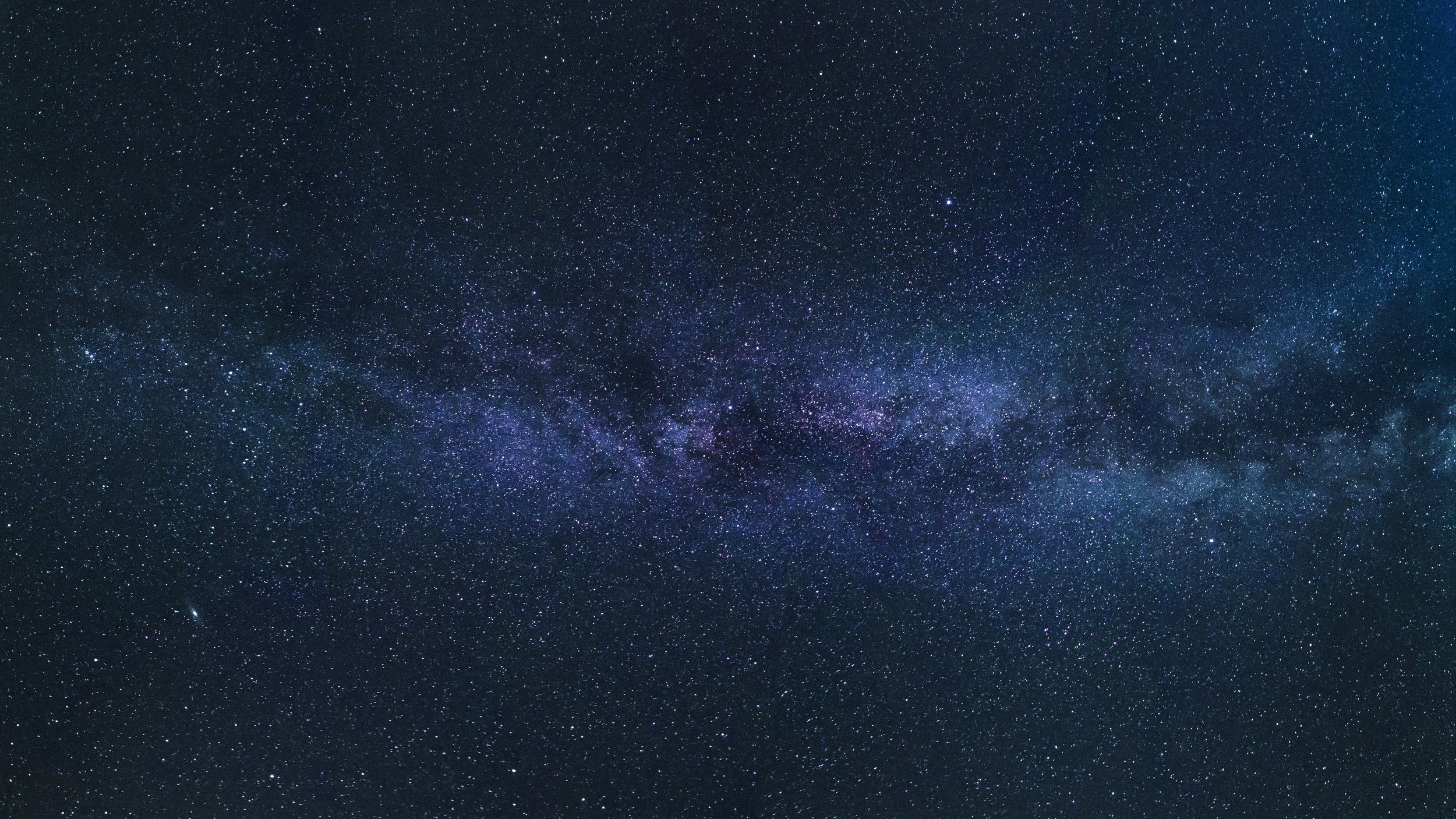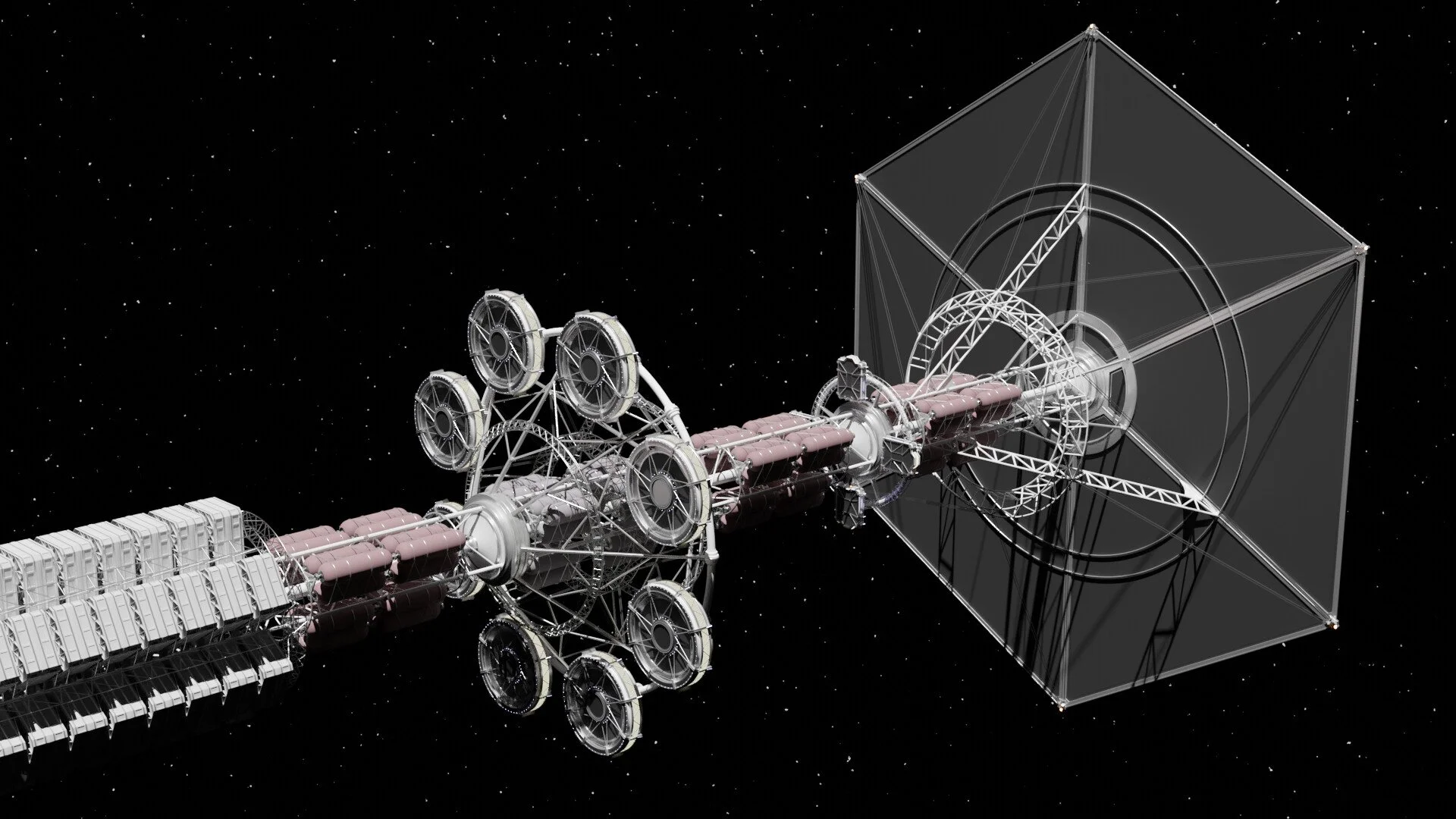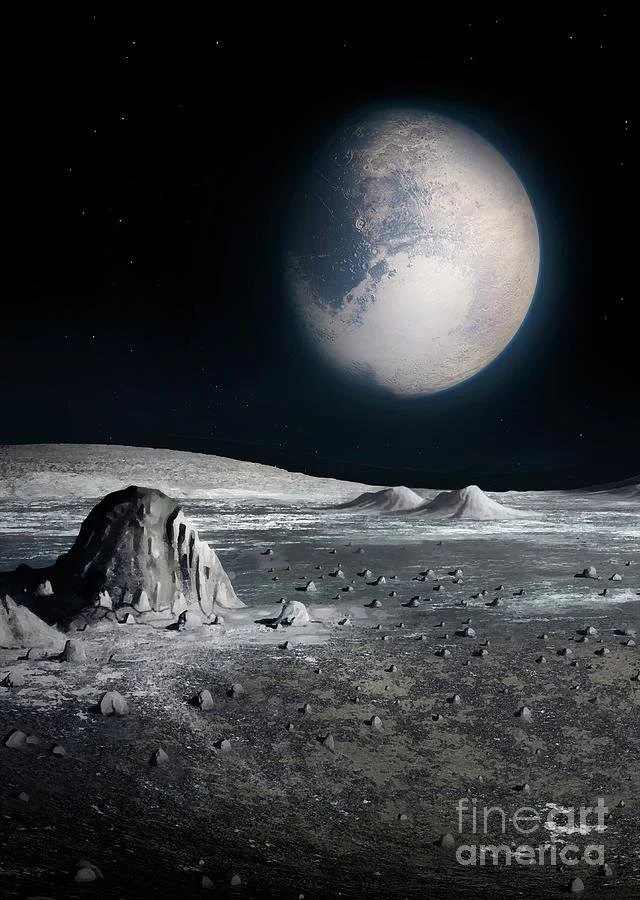
Andrew Cox
Astrophysics Undergraduate @ CU Boulder
Hi, I’m Andrew Cox!
I’m originally from a suburb of Atlanta and moved to Colorado in summer 2024 to pursue my education at CU Boulder. I’m currently a 2nd year majoring in Astrophysics and minoring in Geology.
My passion is in planetary research, but I'm also open to any and all new experiences! I'm always eager to learn and hone my skills in any particular field.
I absolutely love space. I’ve spent countless hours studying topics from planetary geology to galactic astronomy. Though most of it has been informal, I’m excited to pursue my formal education through undergrad and towards a possible PhD!
I also love writing, specifically realistic sci-fi. I enjoy word-building down to the most minute details and basing as much of my in-universe tech and politics on real world science and predictions. I know none of my current works are to that level of precision but I hope to reach it one day!
Writings
These are some of my writing drafts—a mix of narratives, screenplays, and a world building project.
Tal is caught in the midst of a suspicious attack on Hawking Station, a close-orbiting research post near the Sun.
Lae is on bard a generation fleet traveling to Proxima Centauri when her home ship is attacked.
Crow works to salvage resources on the Moon from debris fallen out of orbit during the Lunar Revolution.
Mall crash lands into the Kraken Mare during a colonization effort of Saturn’s moon, Titan.
The Inner Planets send a fleet to investigate the independent Pluto colonies after they disrupt the outer ice trade.
A world building project to develop and describe various cities in the Solar System.
Classes
A list of classes I’ve taken through college education!
From AP Credits:
GEOG 1992 | Human Geographies
CHEM 1021 | Introductory Chemistry
HIST 1025 | American History since 1865
WRTG 1150 | First Year Writing and Rhetoric
MATH 2510 | Introduction to Statistics
EBIO 1210-1240 | General Biology 1, 2, Labs 1, 2
ASTR 1030 | Accelerated Introductory Astronomy 1 (A-)
ASTR 1040 | Accelerate Introductory Astronomy 2 (A)
ASTR 2600 | Introduction to Scientific Programming (A)
PHYS 1115 | General Physics 1 for Majors (B)
PHYS 1125 | General Physics 2 for Majors (B)
PHYS 1140 | Experimental Physics 1 (A)
PHYS 2170 | Foundations of Modern Physics (A)
MATH 1300 | Calculus 1 (A)
MATH 2300 | Calculus 2 (A)
MATH 2400 | Calculus 3 (A)
EBIO 2040 | Principles of Ecology (B)
CLAS 2030 | Ancient Roots of Modern Medicine (A)
IAFS 3631 | Arctic Cultures and Societies (A-)
MUEL 3892 | Music and Space (A)
Contact
Email: andrewtcox@outlook.com
LinkedIn: linkedin.com/in/andrew-t-cox/






